Blog
Keep the flow going(DW# 805)
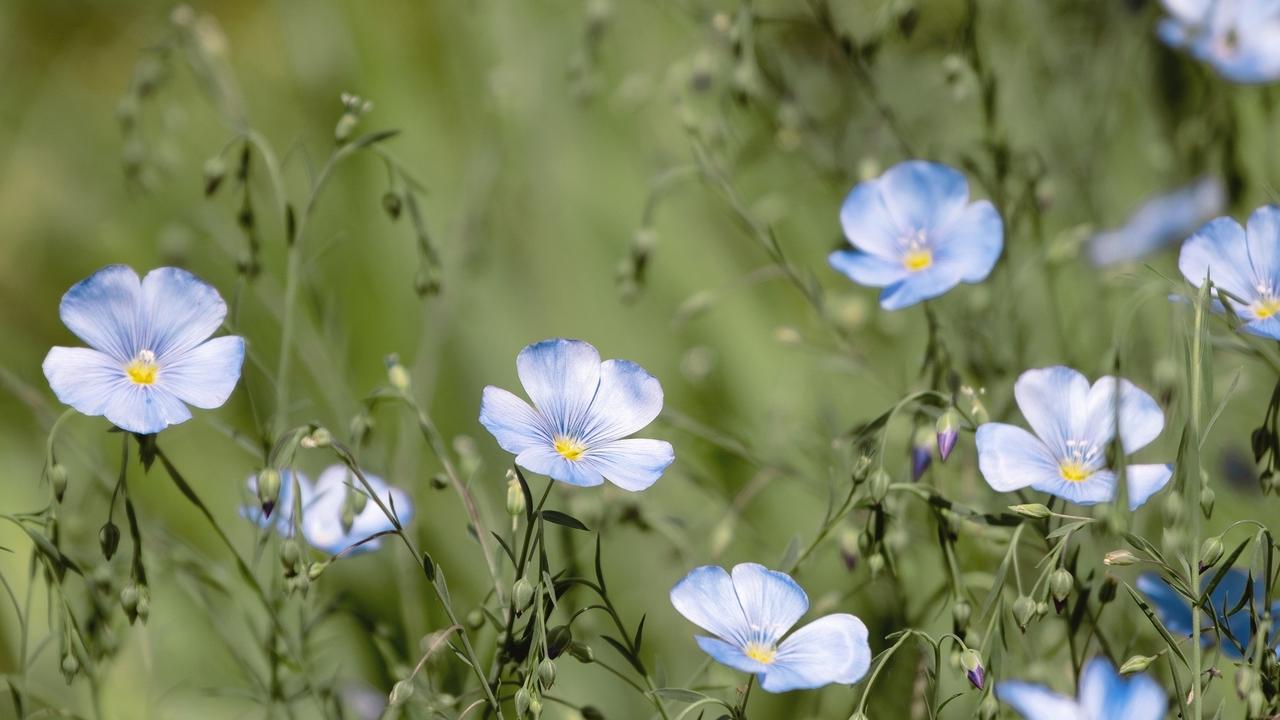
The Quran also reminds us that the obligation extends to include others in the bounties that we have been granted.
Human potential(DW#804)

Difference between Adl and Ihsan(DW#803)

What is Ihsan(DW# 802)

The pursuit and practice of Ihsan(DW#801)

As always, our focus will be on commonalities, universal values and ethics which are shared by different faiths and cultures. We will also inshallah explore similar concepts in other traditions and throughout history with the aim of understanding that (conscious and enlightened) human beings throughout history have aimed towards the pursuit and practice of excellence and virtue.
Talk to the best listener(DW# 760)
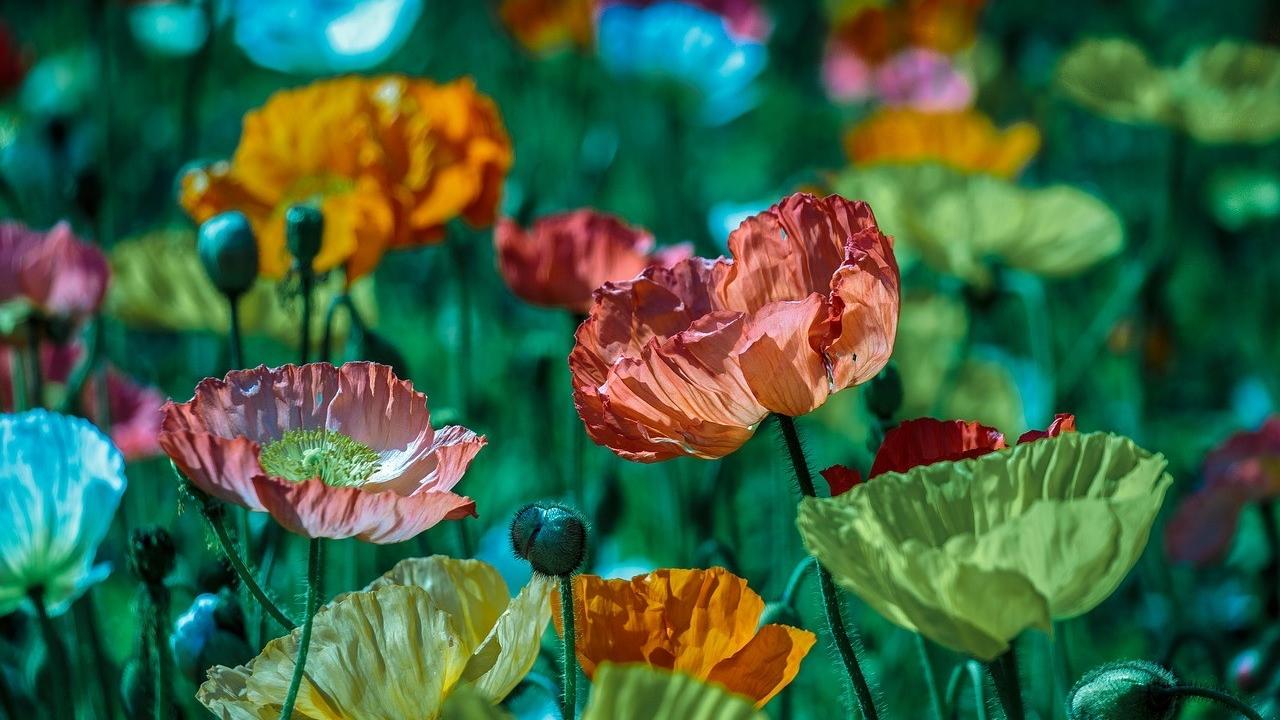
When Prophet Yusuf (as) is separated from his father Prophet Yaqub (Job) (as), Yaqub (as) is so grief stricken that his other sons fear for his life and wellbeing. To them, he replies:
I complain of my anguish and grief only to Allah [Holy Quran 12:86]
There are times in our lives when we are so distraught that we do not know where to turn. If we are lucky, we have good friends, family and others who can listen to us for a bit, who provide the much needed support and guidance at times when we are unable to make it through on our own. But we sometimes get frustrated when, despite their best intentions, they fail to truly "get us". Or we may be wary of stretching the limits of people’s goodwill and support. We are concerned that their patience with us will run out well before our troubles or grief have run it’s course.
If we strive, He will guide(DW# 759)
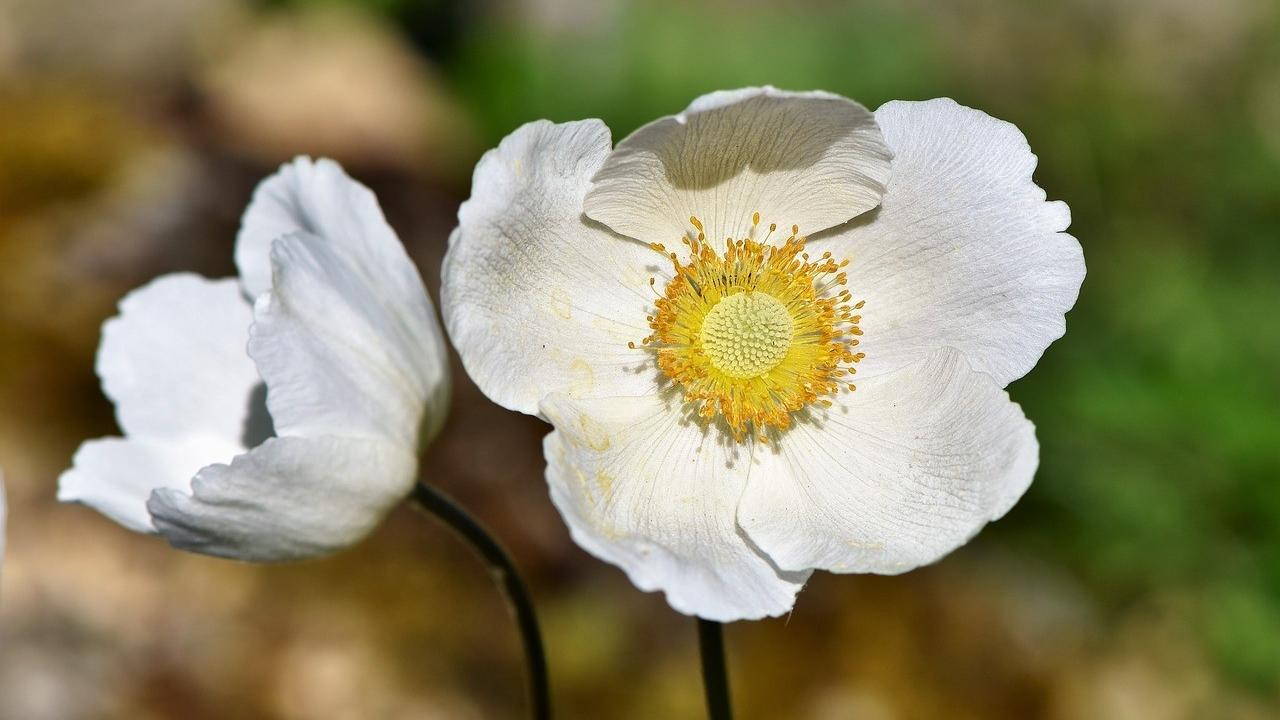
And (as for) those who strive hard for Us, (in Us) We will most certainly guide them in Our ways; and Allah is most surely with the doers of good. [Holy Quran 29:69]
This is the final ayat of this Sura. The chapter ends with an important statement that encapsulates the theme of the Sura: Although the journey of righteousness towards Allah is challenging, you do not need to traverse it alone. He will hold your hand, strengthen your spirit, stabilize your footing and steer you forward.
A beautiful promise that gives hope and meaning to the struggling wayfarer.
In this world, we are forever striving. Everything we achieve comes as a result of striving and effort. To get anything in life, we have to try hard, fail, try again until we get somewhere. This verse reminds us to invest this effort wisely. For the best return. To strive for that ...
Prepare to return from whence you came(DW# 758 )
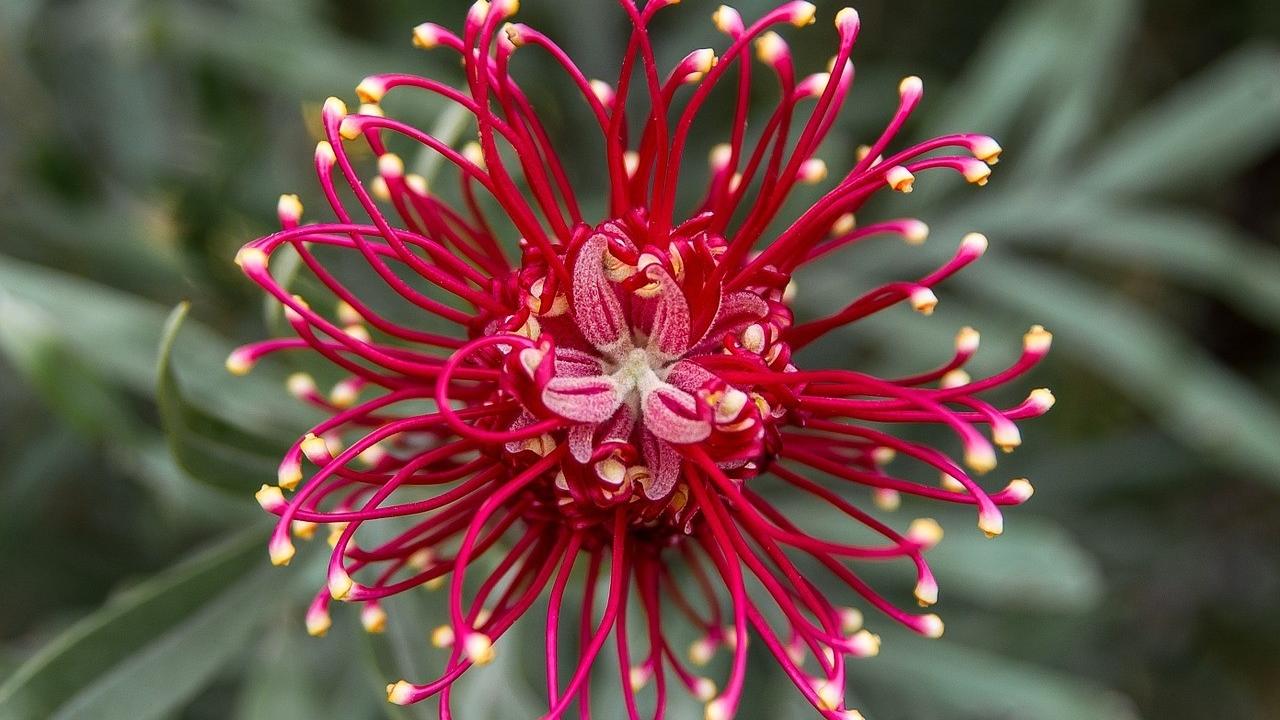
Every soul must taste of death, then to Us you shall be brought back.[Holy Quran 29:57]
The only certainty is death. This verse reminds us of this fact of life. For human beings, the sojourn on this plane of existence is but a brief transit stop.
We are all, in a sense, waiting in the departure lounge. The tickets and visas for our travel have been arranged. We simply do not know when our flight is scheduled to leave. Unlike other journeys (mentioned in this Sura), the journey of death is choice less. Allah swt guarantees that we will all taste it. The choice lies in how we prepare for it.
For believers, we are reminded that the purpose of this transit stop is simply to gather provisions for the life that lies ahead.
The injunction to remember death at all times is of course not new to Islam. Philosophers and Stoics through the ages have always embraced the fragility ...
Be in a state of constant remembrance(DW#757 )
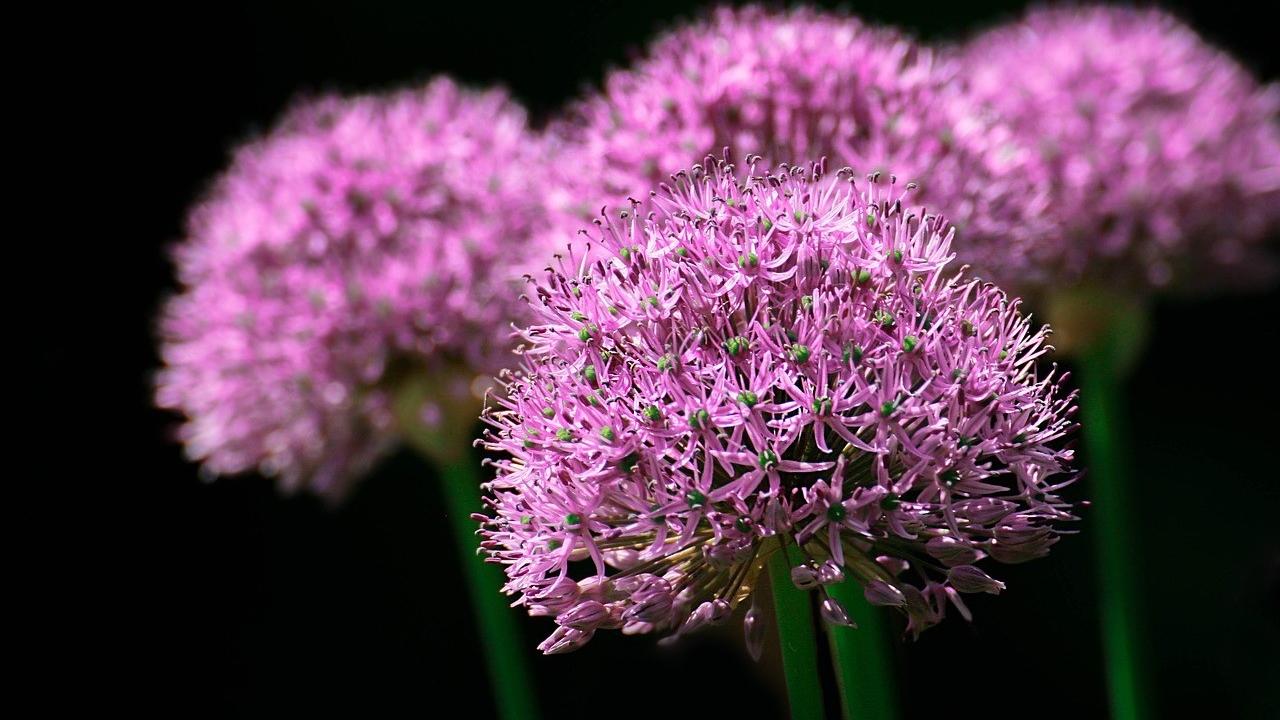
Towards the end of this verse, the Quran reminds about the most important point: certainly the remembrance of Allah is the greatest.
In other words, Salaat, like the other daily rituals is a tool. It is a tool for remembrance of God, which is the goal of every worship. The Quran in fact explicitly points to this in Surah Ta-Ha, verse 14 when Allah tells Moses: "…and establish prayer for My remembrance." [Holy Quran 20:14]
Establish prayer(DW#756 )
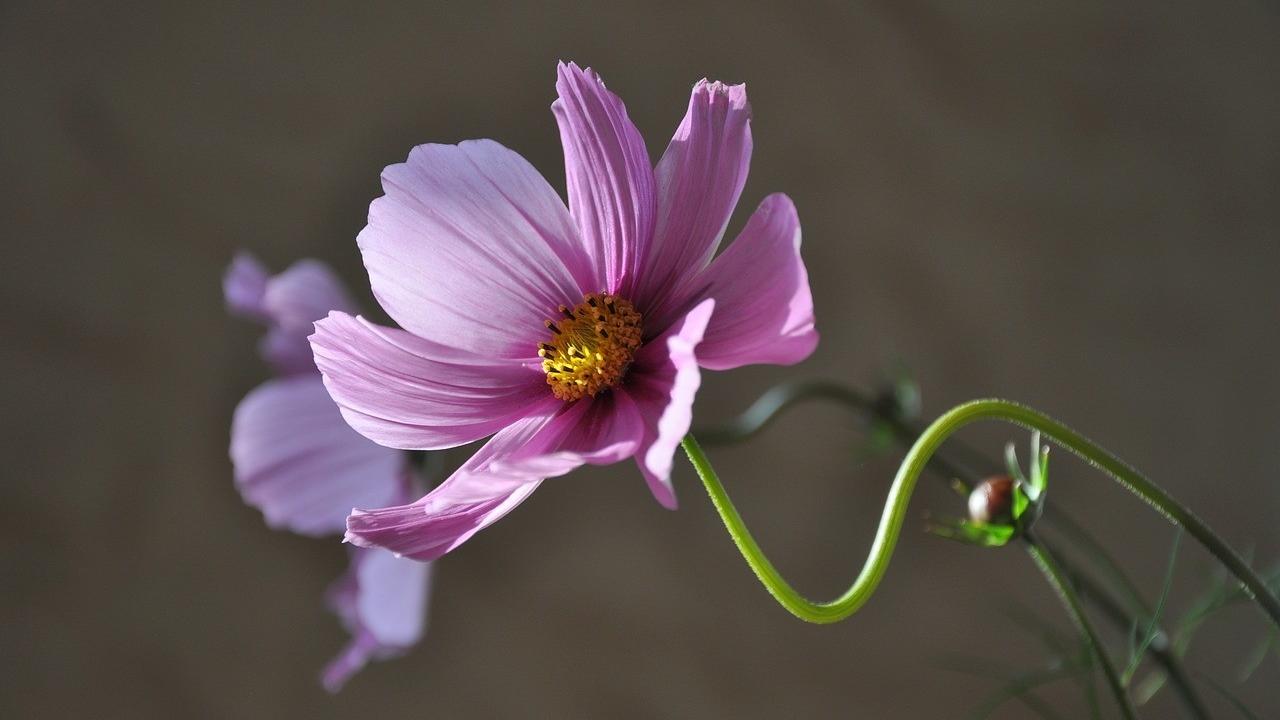
Recite that which has been revealed to you of the Book and keep up prayer(Salaat) (establish prayer); surely prayer keeps (one) away from indecency and evil, and certainly the remembrance of Allah is the greatest, and Allah knows what you do. [Holy Quran 29:45]
1) recite the Book,
2) establish Salaat and
3) engage in constant Remembrance or Zikr.
When the Quran talks about the five daily prayers, it uses the word:"aqeemus Salaat": establish prayer. Don’t simply pray but establish prayer. Establishing prayer is very different from simply praying.
To e...
